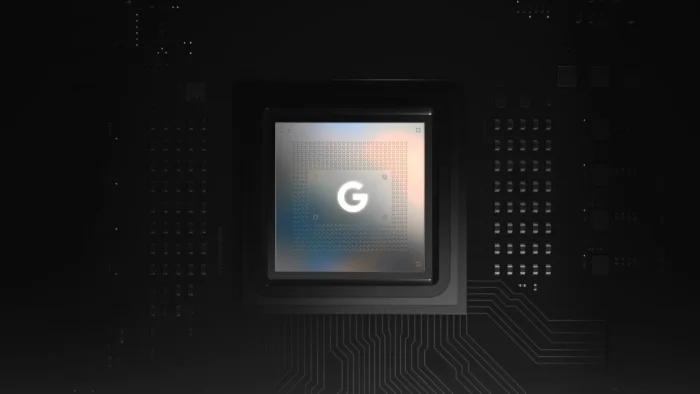After Tensor, Google to develop a new in-house designed CPU chip named Axion
2 min. read
Published on
Read our disclosure page to find out how can you help MSPoweruser sustain the editorial team Read more
Key notes
- Google unveils Axion, a new custom CPU chip for its data centers, offering improved performance for tasks like search and AI.
- Google aims to reduce reliance on vendors and compete better with cloud rivals like Amazon and Microsoft who are also developing custom chips.
- Google won’t sell Axion directly but will offer rental access and wider availability of their latest TPU chips.

Google introduced a new in-house designed central processing unit (CPU) chip named Axion. This chip is targeted for Google’s data centers to handle various tasks, including powering Google Search and supporting work related to artificial intelligence (AI). Based on Google’s internal data, Axion performs up to 30% better than similar Arm-based chips currently available in the cloud.
Google’s venture into chip development isn’t recent, believe me, I am a Pixel 8 user. The company has over a decade of experience in this area, with its tensor processing units (TPUs) credited with helping them reduce costs on AI-powered services.
Axion is based on circuitry from Arm, making Google the third major tech company after Amazon and Microsoft to utilize this design for data center CPUs.
This came after Google officially announced last month that Chrome browsers were optimized for Windows on ARM.
Google clarifies that it won’t be directly selling Axion chips to customers. Instead, they’ll be offering access to this custom hardware through rental options. The company has also made their latest generation of TPUs more widely available.
Several factors motivate Google’s push into custom chips:
- They aim to lessen their dependence on external vendors.
- This allows them to compete more effectively with cloud service providers like Amazon and Microsoft, who are also heavily invested in custom chip development.
- Google hopes that chips like Axion will address the ever-increasing demand for computing resources, particularly for AI services.
Results regarding Google’s chip development efforts with external customers have been mixed. Google is working on improving chip accessibility by collaborating with other companies on software development projects.
Here are the key details about Google Axion Processors:
- Designed for data centers
- Improved performance and efficiency: Claims up to 30% better performance than existing Arm-based systems and up to 50% better performance and 60% better energy efficiency than comparable current-generation x86-based instances.
- Built on Arm Neoverse V2 CPU and Armv9 architecture.
- Uses a system of custom silicon microcontrollers called Titanium for improved performance.
- Initially, it was available for preview for Google Cloud customers.
- Compatible with existing Arm software and solutions.
More here.








User forum
0 messages